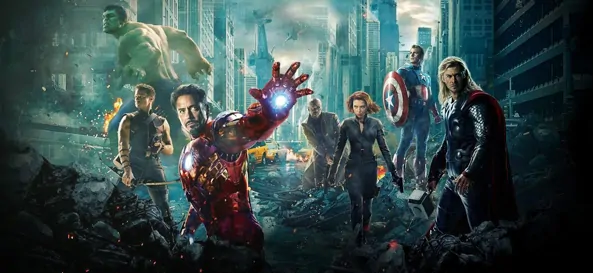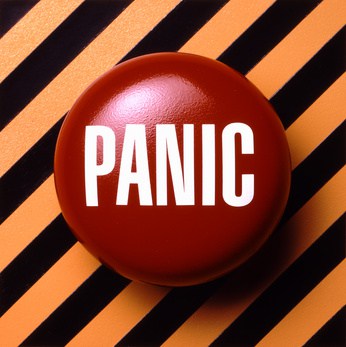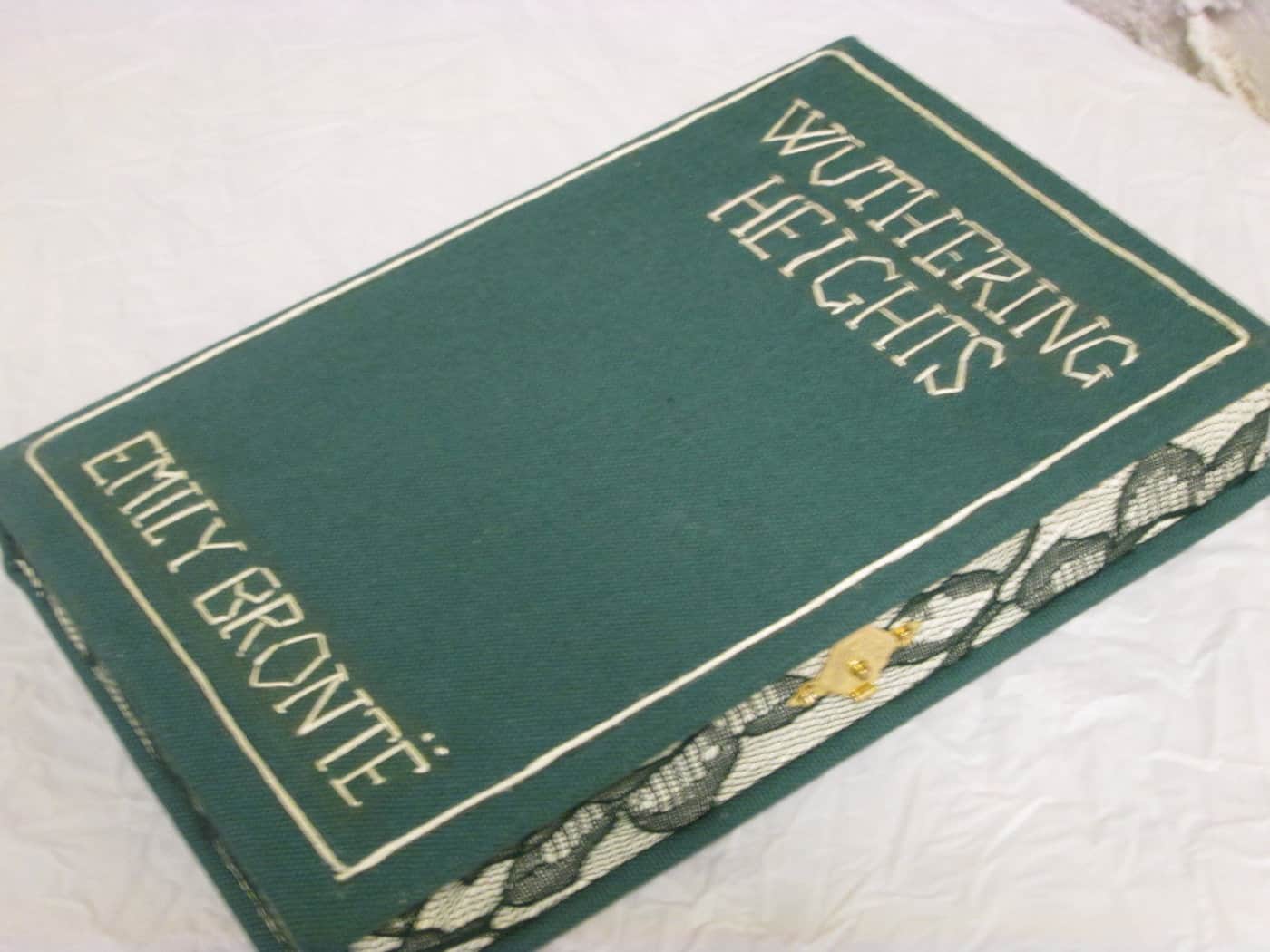
Marvel’s The Avengers released on DVD and Blu-Ray yesterday after sweeping the box office a few months ago. Like any good superhero movie, there were plenty of large explosions. Bad guys were beat up left and right, and our heroes flexed their muscles as often as possible.
But apart from the action, The Avengers also managed to raise some interesting points. Although some of us might go to the movies for a purely entertaining few hours, The Avengers struck a chord with so many viewers because it honestly illustrates the human condition. As a superhero movie, it depicts something we might not expect: life as we know it and the characteristics of our own nature.
We look up to superheroes as beings greater than ourselves, with powers we could never hope to have. However, as we watch to find out more about our heroes, we end up finding more about ourselves. Superheroes are regular, fallen people, but magnified, so their struggles should be more extreme versions of our own. They have more capacity for good and evil, and the battle between the two becomes the focal point of The Avengers, played out both in New York City and in the hearts of the main characters.
Each member of the team has to deal with their issues. Even as the paragon of patriotism and the captain of The Avengers, Steve Rogers has to struggle with the state of the modern world and fight to keep his values and beliefs intact.
In his struggle to keep the Hulk controlled, Bruce Banner is nearly as perfect an embodiment of the duality of man as Dr. Jekyll and Mr. Hyde. He struggles with controlling “the other guy” and keeping him submerged. He is split between war and peace, ignorance and genius. He tries to keep the creature he fears so much under control, being “good” and focusing on others, but once he’s taken out of that routine, the Hulk reemerges. Just as good deeds and deep breathing are not enough to keep the Hulk hidden, we cannot bury our sinful nature. Banner trying to control the Hulk works out just about as well as us trying to control our sin on our own.
Natasha Romanov struggles with all the murders she’s previously committed as Black Widow. She confesses—twice—that she’s trying to make up for the killings she carried out as an assassin, hoping that by doing the right thing she can atone for her sins.
“I’ve got red in my ledger,” she says. “I’d like to wipe it out.”
“Can you wipe out that much red?” Loki returns.
And this is a familiar sentiment to us, because we try so hard to cover our sins with good deeds and rituals. The honest answer is that we can’t wipe out all the red that’s dripping from our ledgers. Like the Hulk, we can’t control our sin, and like Black Widow, we cannot make up for it. But thankfully, we have a God who can. With His forgiveness, our ledgers are scrubbed clean, and He is on our side in the fight against the angry, terrifying creature within us all.
Marvel makes less of a distinction between its villains and heroes, and that’s a good thing. As Tom Hiddleston, who plays Loki, said in an interview, “What Marvel is so clever at is that they make their heroes flawed and their villains heroic.” As human beings, we are not basically good, and in this, the only difference between a “good guy” and a “bad guy” is their choice. A hero chooses the harder path and continues to struggle with his fallen nature. And we need superhero movies, because seeing superheroes demonstrate the strength to choose rightly inspires us.
As well as exploring the dynamics of the new team and the internal conflict in its members, The Avengers brings up the nature of power, kingship and humanity’s self-enslavement in the tension between Thor and his adoptive brother, Loki. One of the very first things Loki says in the movie, after killing several people, is that he’s come with glorious tidings—to free the people of earth from freedom. And, rightfully, that sounds awful. Later on, in Germany, he proclaims that it’s “the unspoken truth of humanity, that you crave subjugation.” And although this is coming from the mouth of a crazy, villainous, mass-murdering Norse god, he’s absolutely right.
In the midst of his villainy, Loki has revealed another key aspect to our own fallen natures. No matter what, we will always serve something, whether it’s our jobs, other people, our obsessions or ourselves. We become enslaved to the most important thing in our life, and our idols exert great power over us. We are never free.
But here’s where Loki twists it. He wants to be the one to rule, and that isn’t right either. That’s what serving a small god looks like. Hawkeye was completely controlled by Loki for the first part of the movie, and that’s what we look like when we’re governed by anything other than God.
In response to Loki’s declaration of power, an old German man refuses to kneel. We were made to be ruled, he says—but not by men like Loki. And that’s precisely right.
Yes, we were made to serve, but not just anyone. We were created to serve a perfect, living God who loves us more than we can imagine or reciprocate. God doesn’t look like Loki, or even Thor, although the “god of thunder” points out that a good ruler is not above his people. Thor was right about ruling, in our human case: A leader cannot think himself better than his subjects, because people should be treated equally, and power in man’s hands quickly becomes corrupt if not wielded with humility.
But God is no tyrant, and He is better. He is what’s best for us. It’s not prideful because it’s true: The way in which He rules is beautiful. It makes sense why we can’t be Him and why we are hard-wired in our very cores to serve. We yearn for God—not to serve as a slave, but to love and be loved as a child.
So, yes. We are evil, fallen and enslaved. But if we trust in His Son, God looks at us in our sinfulness and sees only Jesus. He wipes our ledgers clean, picks us up and frees us from sin and death. And so we can work together in community, helping each other through our problems and—who knows?—maybe even saving the world.























